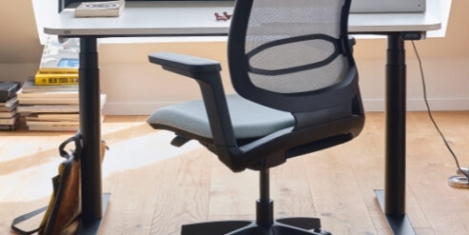May 2, 2022
Why the over 50s are leaving the workforce in huge numbers
 The UK economy has a problem with its over 50s: following the COVID pandemic, they have been leaving the labour force en masse, causing headaches for businesses and the government. Roughly 300,000 more workers aged between 50 and 65 are now “economically inactive” than before the pandemic, leading a tabloid paper to dub the problem the “silver exodus”. Being economically inactive means that these older workers are neither employed nor looking for a job. Of course, it could simply be that workers saved more during the pandemic and can now afford to retire in comfort earlier than planned. (more…)
The UK economy has a problem with its over 50s: following the COVID pandemic, they have been leaving the labour force en masse, causing headaches for businesses and the government. Roughly 300,000 more workers aged between 50 and 65 are now “economically inactive” than before the pandemic, leading a tabloid paper to dub the problem the “silver exodus”. Being economically inactive means that these older workers are neither employed nor looking for a job. Of course, it could simply be that workers saved more during the pandemic and can now afford to retire in comfort earlier than planned. (more…)








 Employees with full autonomy to choose where they work are happier in their job, yet only one in five are currently able to do so. And though 60 percent of all employees prefer hybrid working, only 39 percent are able to flexibly split their time between the home and office. This is according to Jabra’s 2022 edition of the
Employees with full autonomy to choose where they work are happier in their job, yet only one in five are currently able to do so. And though 60 percent of all employees prefer hybrid working, only 39 percent are able to flexibly split their time between the home and office. This is according to Jabra’s 2022 edition of the 


























April 20, 2022
The effects of workplace change may not be the ones we expect
by Mark Eltringham • Comment, Flexible working, Wellbeing